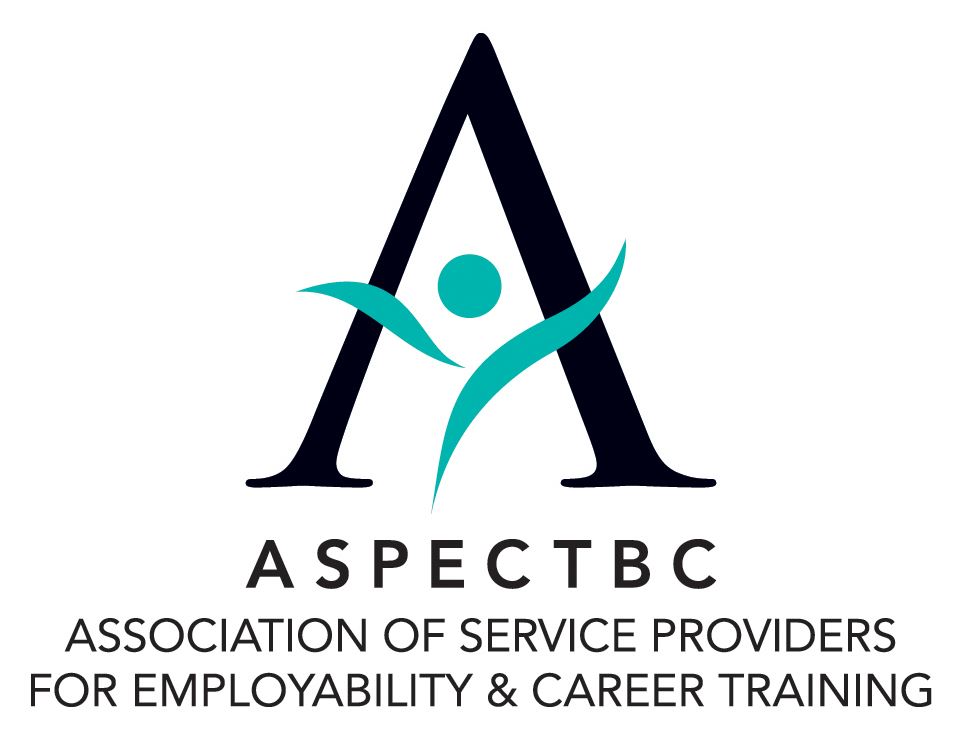
Career paths have become less predictable and today’s youth face significant challenges making sense of the ever-changing world of work. For those currently entering the workforce, understanding and navigating the labour market in personalized, responsive and targeted ways will be essential. Artificial intelligence and big data are bringing disruption to the workforce, but they have also brought promising advancements in workforce innovation and HR technology. Sophisticated job matching, assessment and market analytics tools are increasingly accessible, but their adoption across the employment and training ecosystem remains inconsistent.
In 2019, a coalition of partners that includes First Work, OTEC, MaRS Data Catalyst Centre and the Canadian Council for Youth Prosperity, began working with Canada’s Future Skills Centre – Centre des Compétences futures (FSC-CCF) to test an innovative, evidence-based, approach to skills development for the new economy. This initiative is known as Project Integrate.
Working with employment service provider networks across Canada, project partners are conducting systems research and field testing with a range of promising employment-related technologies in each of the following three phases in the employment pathway: Engagement, Systems Navigation and Career Laddering. Jobseeker, organizational and systems-level factors are being evaluated to determine the potential impact and implications of a single, user-managed, employment pathway.
This process will include a nationwide Employment Service Provider survey, engaging a diverse group of employment and training services organizations representing Alberta, British Columbia, Ontario, Saskatchewan, Quebec, Manitoba and Nova Scotia, and serving diverse target groups will be consulted through group sessions. These sessions will be open to both front-line staff and management of Employment Service Providers. Key areas of discussion and analysis for the sessions include:
Highlights from the pre-survey findings and follow-up;
Enablers and constraints faced in today’s employment and training ecosystem when it comes to adopting innovative technologies. Explored through the following lens:
- Systemic Factors,
- Operational Factors,
- User-based Factors; and
- Supports and resources needed to embrace, adopt and leverage innovative technologies.
The participants from the group sessions will receive a short follow-up survey where they can provide feedback on the engagement process and note any further recommendations. This consultation process is part of a larger process which will incorporate voices from the employment and training ecosystem, employers, youth as well as leading national bodies.

